The role of religion in African history is a complex and often controversial one. There are different traditional African religions, including the ones introduced through external influence, such as Christianity and Islam. Each of these has significantly impacted African history.
Traditional African religions are often based on animism, which is the belief that everything – including animals, plants, and inanimate objects – has a spirit. This has led to a number of practices and beliefs that are unique to the continent.
Christianity and Islam, on the other hand, are both Abrahamic religions that have their roots in the Middle East. They began to spread throughout Africa in the early centuries of the Common Era.
Today, Africa is home to a multitude of different religions. While some of these are in decline, others are flourishing. The role of religion in African history is a complex and often controversial one that is worth further exploration.
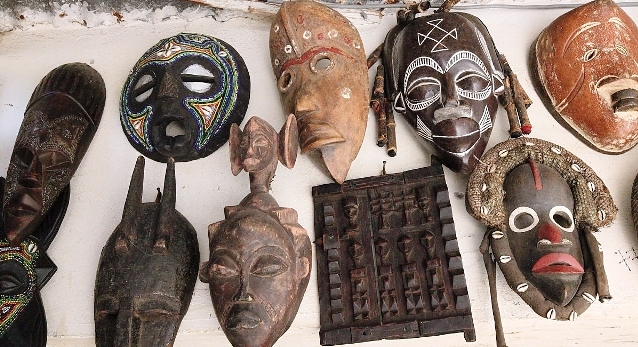
Religion in African History
The study of religion in African history is a relatively new field. Scholars have recently begun diving deeply into the role of religion in the continent’s past. This is in part because the traditional focus of African history has been on political and economic developments.
There is no single answer to the question of what role religion has played in African history. Religion has been a source of both conflict and cohesion in African societies. As such, its impact has been felt in all aspects of social life.
From the ancient Egyptian and Nubian empires to the contemporary nations of Nigeria and South Africa, religion has been a major force in shaping the course of African history.
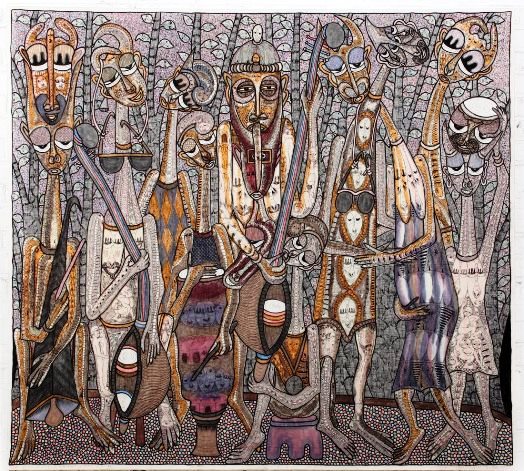
The Traditional African Religion
African traditional religion is the set of practices and beliefs of African people before the arrival of Christianity and Islam. It is not a single religion but rather a collection of various traditions. The role of African traditional religion in history is controversial. Critics argue that it is responsible for the continent’s backwardness. On the other hand, supporters claim that it is the source of Africa’s strength and resilience.
The fundamental values and way of life are passed down from older generations to younger ones. This is because traditional African religion is founded on oral traditions. These customs are not religious doctrines but rather cultural identities conveyed through myths, legends, and tales. From one generation to the next, these customs have been passed down. And the elders are the ultimate decision-makers, and they are trusted completely.
In most traditional African religions, there are spiritual guides, such as the kinds of priests or pastors. This individual is crucial for the community’s existence in terms of religion and spirituality. For example, mystics, or sangomas, are the people in Zulu culture who are in charge of healing and “divining.” This is a combination of counseling and fortune-telling.
The African ancestors are required to contact these traditional healers. But before then, they are put through rigorous training, and they learn a variety of skills. These include using herbs for healing and other, more esoteric abilities, including locating a hidden object without knowing where it is. Yep, Africans have their very own GPS system.
The Beliefs of African Traditional Religion
Traditional African religion involves a way of life in which ancestors are involved in all significant occasions, including marriage, births, and deaths. They are also believed to be important in less significant ones, like landing a job and completing college.
Typically, an offering is presented to respect, appease, and honor the ancestors during these occasions. And the dead are summoned to accept the sacrifice and bless the gathering after a cow, sheep, fowl, or any other required sacrifice is made.
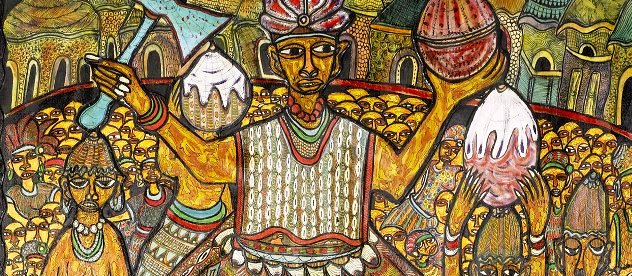
Read: Who Are Yoruba Gods and What Do They Stand For?
Although traditional African religion acknowledges a Supreme God, its believers do not directly worship him. This is because they do not feel deserving enough. So they request that the ancestors speak on their behalf. However, the Supreme Being is invoked when there is extreme need or adversity. This could be a drought or an epidemic that threatens the survival of the entire community.
The traditional African religion is a set of beliefs and practices that are rooted in the continent’s history. The religion is based on the worship of ancestors and nature spirits, and it is practiced by many Africans today. While the traditional African religion has been under threat in recent years, it remains an important part of African culture and history.
The Spread of Christianity and Islam in Africa
Christianity and Islam are two of the world’s most-paracticed religions, and their impact on Africa has been significant. Christianity arrived first in Africa, with the Religion’s followers coming mainly from Europe and the Mediterranean. Islam, on the other hand, spread to Africa through the Arab conquests of the 7th and 8th centuries.
While both religions have had a long history in Africa, the Spread of Christianity and Islam has not been even. In general, Christianity has had a greater impact in sub-Saharan Africa, while Islam has been more prominent in North Africa. This is largely due to the geographical origins of the two religions. Christianity originated in Europe and the Middle East, while Islam arose in Arabia. This meant that, from the very beginning, Christianity had a stronger presence in Africa than Islam.
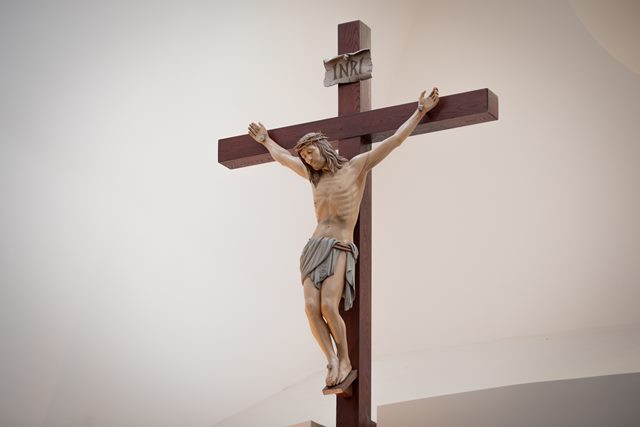
Technically, Christianity was introduced long before the introduction of Islam in Africa because it dates all the way back to the first century AD. The expansion of Christianity in Africa did not really take off until the 20th century, although it now accounts for half of the continent’s religious practice.
In the 54 nations that make up Africa, the coexistence of these two religions takes varied forms but is nonetheless largely prevalent. Due to the rise in popularity of both Islam and Christianity, there is religious instability in many African nations.
The Introduction of Islam to Africa
After Muslim Arabs conquered North Africa in the seventh century CE, Islam expanded throughout West Africa through trade, academics, and missionaries. This was mostly accomplished peacefully because African kings either tolerated the religion or underwent its conversion. The Sahara Desert was dominated by Islam as a result of this.
As Arab traders crossed the Red Sea and later settled along the Swahili Coast, the religion also reached East Africa. Military battles did take place, for instance, starting in the 14th century CE against the Nubian kingdoms that were Christian, and in the 18th century CE, the Muslim Fulani began a holy war in the Lake Chad region.
Supporters of traditional African beliefs like animism and fetish, spirit, and ancestor worship also occasionally demonstrated violent resistance.
We Design & Develop Websites, Android & iOS Apps
Looking to transform your digital presence? We specialize in creating stunning websites and powerful mobile apps for Android and iOS. Let us bring your vision to life with innovative, tailored solutions!
Get Started Today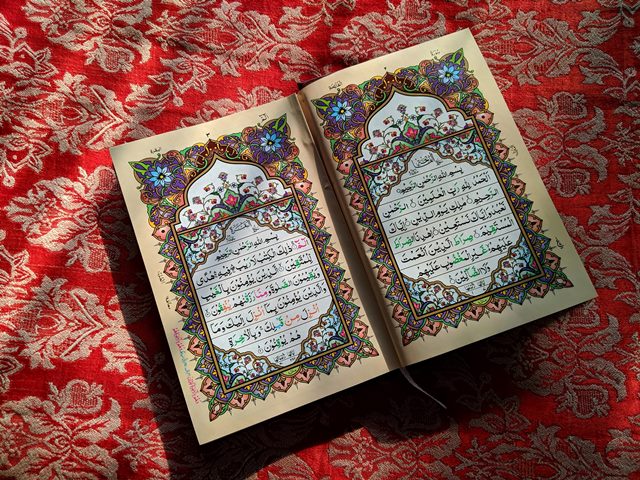
But for at least six centuries, Islam grew mostly peacefully and gradually. This happened wherever there were trade connections to the larger Muslim world of the southern Mediterranean, the Persian Gulf, and the Arabian Sea.
The religion was not universally accepted, and it was not kept as pure as it had been at first, frequently coexisting with customs and ceremonies. With time, other concepts also emerged with religion. Particularly those relating to governance, law, architecture, and many other facets of daily life.
The Impact of Religion on African History
The impact of religion on African history is undeniable. From the advent of Christianity in Ethiopia to the spread of Islam across the Sahara, religion has played a significant role in the continent’s past. Today, Africa is home to a diverse range of religious traditions, each of which has contributed to the continent’s unique identity.
Religion has not only shaped African history, but it continues to play a vital role in the continent’s politics, economy, and culture. As Africa enters a new era of growth and development, religion will continue to shape the continent’s future.
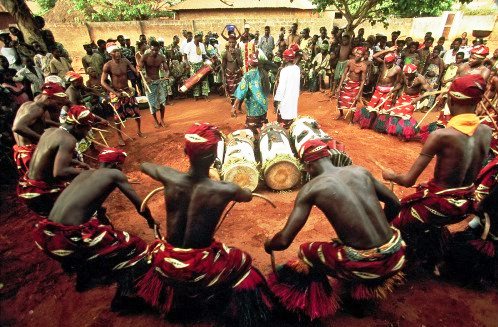
Religion in African History is Significant
Since most Africans occasionally engage in some form of religious activity and many claim membership in one or more formal religious organizations — whether traditional, Muslim, Christian, or otherwise, religion plays a significant role in the continent. Many Africans voluntarily affiliate with religious networks, which they use for a variety of reasons that go beyond the purely religious — but also social, economic, and even political.
Most of the continent’s population practices their religion in the belief that there is an invisible world that is not entirely separate from the visible world. But nonetheless inhabited by spiritual beings or forces with whom they can communicate and whom they believe influence their daily lives. Most often, religious beliefs control how people interact with an imagined spirit realm.
This idiom effectively governs interactions between individuals as well as those between individuals and their communities and the land they work.
Religion has played a significant role in African history. It has served as a source of social cohesion and a force for political and economic change. Religion has also been a source of conflict, providing justification for wars and leading to persecution and sectarian violence. In recent years, religion has become increasingly politicized, with some African leaders using it to further their own agendas.
Before you go…
Hey, thank you for reading this blog to the end. I hope it was helpful. Let me tell you a little bit about Nicholas Idoko Technologies. We help businesses and companies build an online presence by developing web, mobile, desktop, and blockchain applications.
We also help aspiring software developers and programmers learn the skills they need to have a successful career. Take your first step to becoming a programming boss by joining our Learn To Code academy today!
Be sure to contact us if you need more information or have any questions! We are readily available.
Put Your Tech Company on the Map!
Get featured on Nicholas Idoko’s Blog for just $200. Showcase your business, boost credibility, and reach a growing audience eager for tech solutions.
Publish Now










